At Fat Tiger Group Think Tank, we bridge research with real-world execution, ensuring that businesses, governments, and policymakers have the data, analysis, and strategic frameworks they need to thrive in an evolving global economy.
The landmark security treaty signed by Prabowo Subianto and Anthony Albanese marks a strategic shift in Indonesia’s diplomacy toward a more engaged Indo-Pacific posture.
Singapore’s economy grew by 5.0 per cent in 2025, easing slightly from 2024 but remaining resilient amid strong external demand. Growth was driven mainly by manufacturing, wholesale trade and finance & insurance, with manufacturing expanding robustly.
Thailand’s February 8 general election resulted in a decisive lead for Prime Minister Anutin Charnvirakul’s Bhumjaithai Party (BJT), which secured 194 seats, while the People’s Party and Pheu Thai recorded notable declines. The outcome reflects voter support for parties emphasizing stability, nationalism, and the monarchy, particularly outside Bangkok.
Despite a turbulent 2025 marked by stalled efforts on Myanmar and renewed border tensions between Cambodia and Thailand, ASEAN demonstrated the resilience and global relevance of its partnership model through two major milestones: Timor-Leste’s accession as its 11th member and the substantive agreement of the ASEAN Digital Economy Framework Agreement (DEFA).
Indonesia’s inflation in 2025 shifted from an unusually low start to a more normalized level by year-end, driven mainly by the expiration of temporary administered price measures rather than weak demand, with inflation closing the year at 2.92% (YoY) and remaining within Bank Indonesia’s target range.
With the Gaza conflict showing no clear path to resolution, the United States has launched the Board of Peace (BoP) as a new platform for post-war stabilization and reconstruction, raising questions over legitimacy and its relationship with existing multilateral frameworks.
Ahead of Thailand’s 8 February election, the Pheu Thai Party has regained momentum despite recent setbacks by nominating Dr. Yodchanan Wongsawat, a Shinawatra-linked academic whose candidacy has revived voter support.
Southeast Asia’s AI sector is entering a rapid growth phase, supported by strong government backing, rising digital adoption, and a young talent base. The AI market is projected to grow from US$4.3 billion in 2024 to over US$17 billion by 2033, with adoption potentially adding up to US$1 trillion to regional GDP by 2030.
The impact of tax amnesty on taxpayer compliance is assessed using Indonesia as a case study, reflecting the country’s heavy reliance on tax revenue and more than two decades of tax reform experience.
Indonesia’s trade policy under President Prabowo reflects a dual-track approach amid rising global trade uncertainty.
Thailand’s Feb. 8 election reflects long-standing tensions between reformist politics and entrenched establishment power. Over the past 25 years, most election outcomes have been overturned by coups or courts, weakening political parties and reinforcing narratives of corrupt politicians. New reformist movements—from Future Forward to Move Forward and now the People’s Party—have challenged this pattern but were repeatedly dissolved despite strong popular support.
As the world approaches 2026, rapid advances in digital, biological, and clean-energy technologies are reshaping economic structures, industries, and everyday life.
Thailand is experiencing a rapid evolution in branding practices as shifting consumer behaviour, digitalisation, and intensified competition increase the strategic importance of intellectual property, particularly trademarks and geographical indications (GIs).
Rapid advances in artificial intelligence are reshaping industries and labor markets, creating both opportunities and uncertainty about the future of work. While many executives expect AI to boost productivity and profitability, there is concern that it could also displace existing jobs if workforce skills fail to keep pace.
China views Indonesia as an important economic partner, particularly as a supplier of critical minerals and an emerging hub within regional supply chains. Bilateral trade and investment have expanded significantly, making China Indonesia’s largest trading partner and a leading source of investment in infrastructure, energy, and downstream industries.
Indonesia’s strategic culture has long been anchored in the principle of bebas aktif—a free and active foreign policy rooted in nonalignment, strategic autonomy, and pragmatic engagement—which has guided the country from the Cold War to today’s era of intensified great-power competition.
The Stock Exchange of Thailand is considering a long-overdue reform to allow alcohol beverage producers to list shares and conduct IPOs, a move that reflects market realities and lessons from past policy missteps, notably the loss of Thai Beverage Plc to the Singapore Exchange.
Indonesia’s 2026 market outlook is shaped by a decisive shift toward pro-growth fiscal and accommodative monetary policies, supported by easing global financial conditions and expectations of U.S. rate cuts.
The 2026 Global Cooperation Barometer finds that overall global cooperation remains broadly stable, but its structure is shifting away from traditional multilateralism toward more flexible, smaller and alignment-based arrangements.
The Thailand–Cambodia conflict highlights a clear contrast between China’s quiet, non-coercive “Asian Way” diplomacy and the US-style, pressure-driven “Trump’s Way,” while underscoring Thailand’s own commitment to an independent “Thai Way.”
Thailand’s stock market is entering 2026 with a generally cautious outlook amid slower economic growth, global trade uncertainties, and ongoing domestic challenges such as high household debt and climate-related disruptions.
Navigating the new economy demands foresight as businesses face heightened uncertainty from geopolitical fragmentation, rapid technological change, and increasingly complex risk dynamics.
Russia’s recent push to deepen ties with Southeast Asia—from expanded defence cooperation with Indonesia to arms, energy and security engagements across the region—reflects Moscow’s ambition to position itself as a great-power partner alongside the US and China.
ASEAN is entering a critical period as shifts in global production networks, digitalisation, and the green energy transition reshape labour markets and create new opportunities in sectors such as artificial intelligence, semiconductors, renewable energy, and advanced manufacturing.
Strategic digital human resource management plays a critical role in shaping workforce productivity and organizational performance among MSMEs and startups in Indonesia amid rapid digital transformation.
Indonesia’s money demand is projected to rise steadily through 2033, driven primarily by sustained economic growth and deeper financial sector development, while short-term fluctuations respond to movements in interest rates, inflation, and access to electricity.
Indonesia’s electric vehicle (EV) strategy relies on Local Content Requirements (TKDN) and fiscal incentives to attract investment, develop domestic manufacturing, and capitalize on its nickel resources.
On Oct 26, 2025, the U.S. and Thailand agreed on a Framework for an Agreement on Reciprocal Trade. Within this framework, in exchange for a reciprocal tariff reduction and further exemptions on some goods, Thailand will eliminate tariffs on almost all U.S. goods, increase purchases of animal feed, energy, and aircraft, and broaden market access for certified meat, poultry, vehicles, medical devices, and pharmaceuticals.
Voting behavior in Thailand’s Northeast (Isan) during the 2023 general elections reflects a shifting and increasingly competitive political landscape in a region historically associated with pro-democracy movements.
Fat Tiger Group sees Indonesia’s creative economy as a model for balancing cultural richness with digital transformation.
Recognizing this, Indonesia has formulated the Blue Economy Development Framework, emphasizing inclusive growth and sustainable development.
The Pheu Thai government's creative economy policy aims to boost Thailand's "soft power" through cultural products like food and tourism, focusing on training 20 million creative workers.
Fat Tiger Group Channel
Bringing you daily insights, news and updates straight to your phone.
Our Think Tank Focus Areas
Fat Tiger Group Think Tank is a dedicated research and advisory hub that drives strategic insights for businesses expanding into Southeast Asia.
Our think tank delivers cutting-edge market analysis, policy insights, and industry-specific research tailored to help companies navigate Thailand's evolving economy and other high-growth ASEAN markets.
📌 Geopolitical & Economic Research
Providing deep analysis on ASEAN and global economic trends to help businesses navigate regulatory landscapes, investment climates, and emerging opportunities.
📌 Industry Reports & Whitepapers
Data-driven insights into key industries—including technology, sustainability, infrastructure, and international trade.
📌 Market Entry & Business Intelligence
Through our Internationalisation Series and Trade Expos, we equip businesses with the insights, networks, and strategic roadmaps needed for cross-border success.


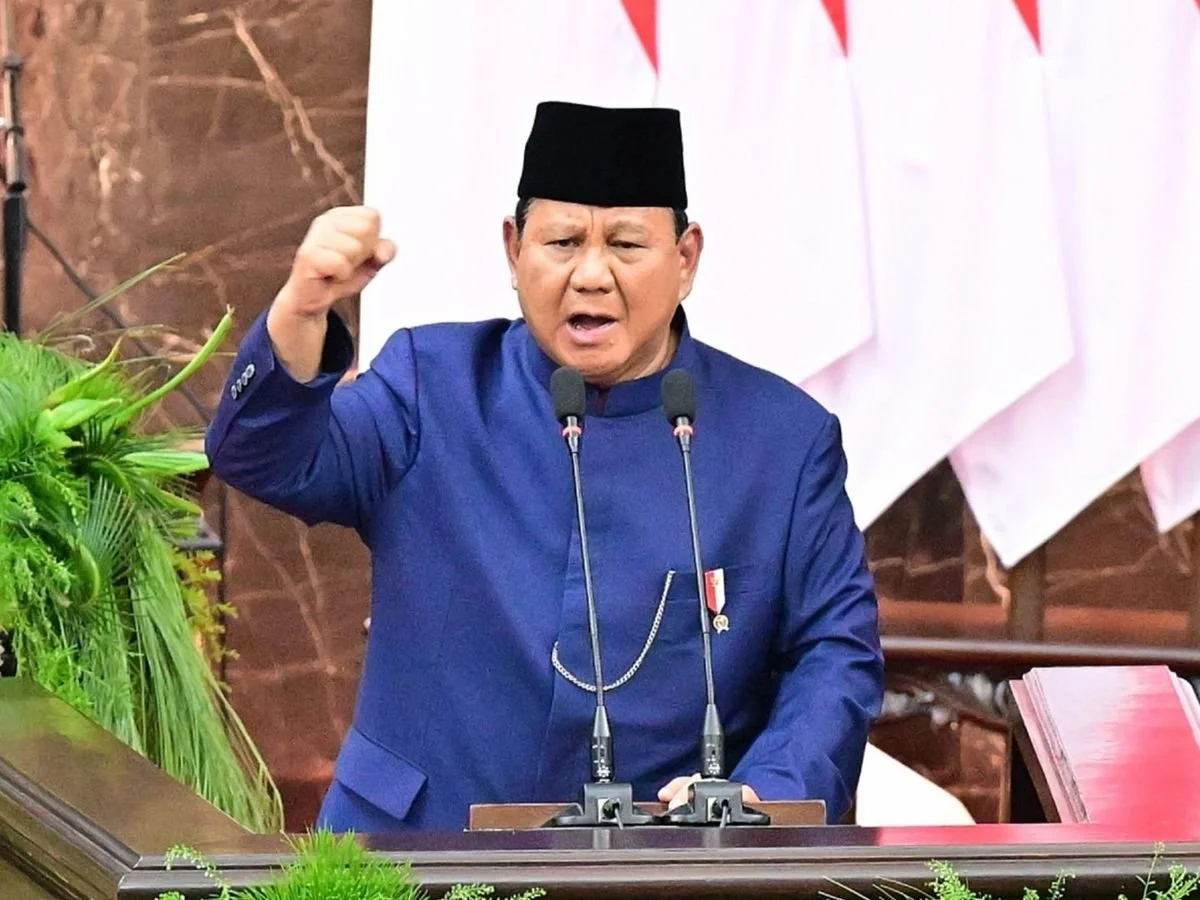
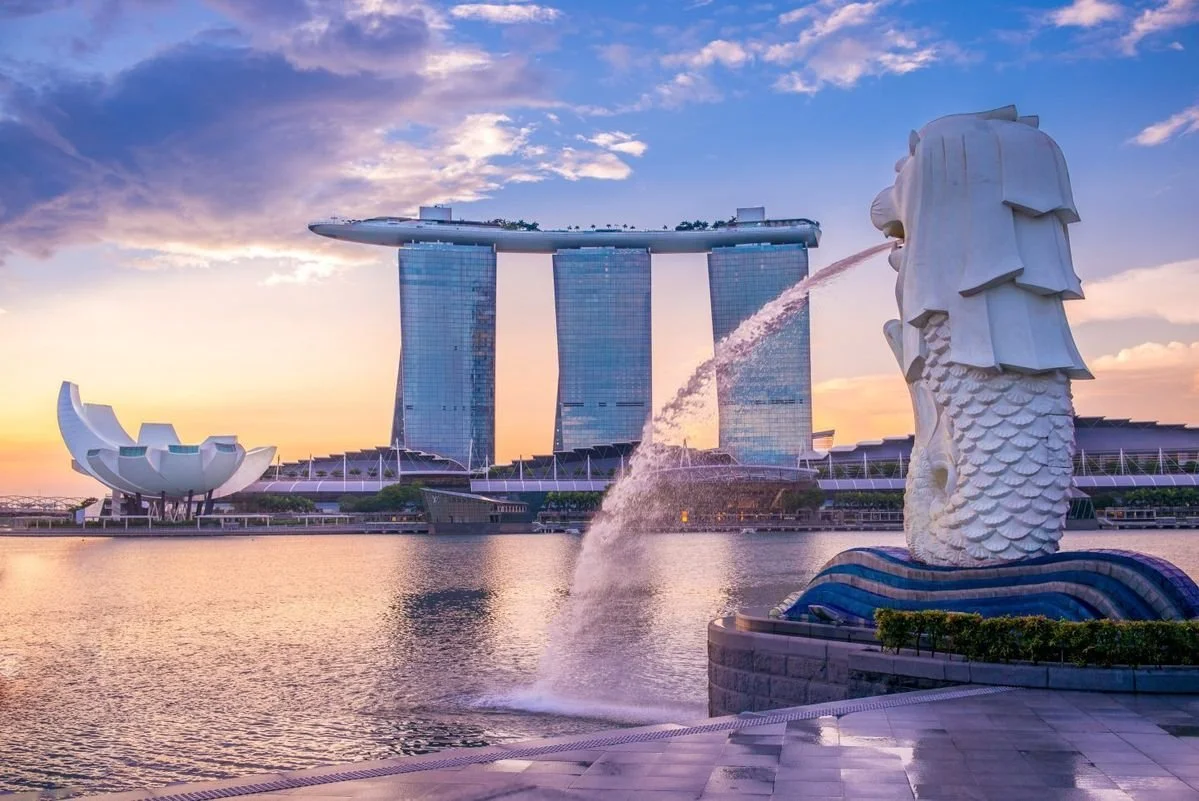
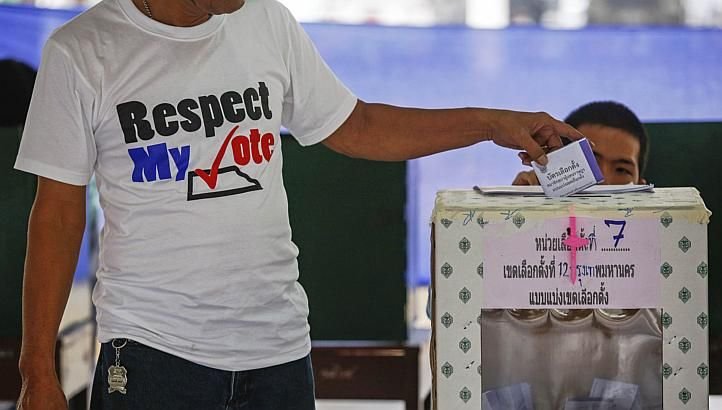
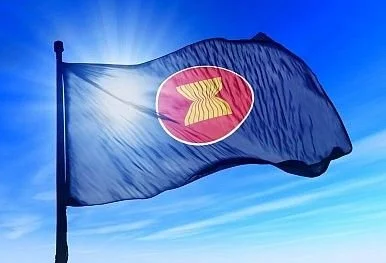

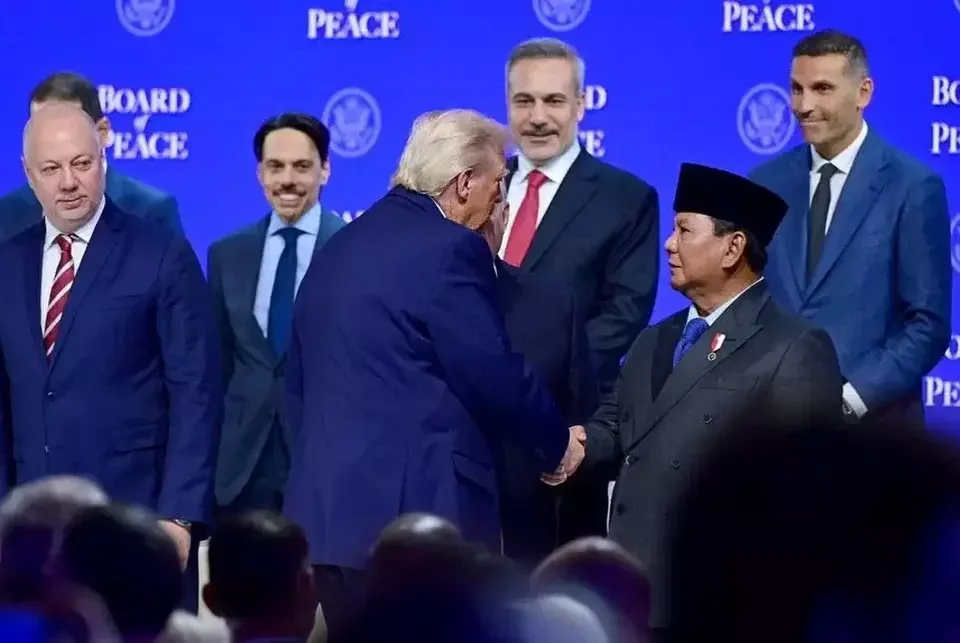



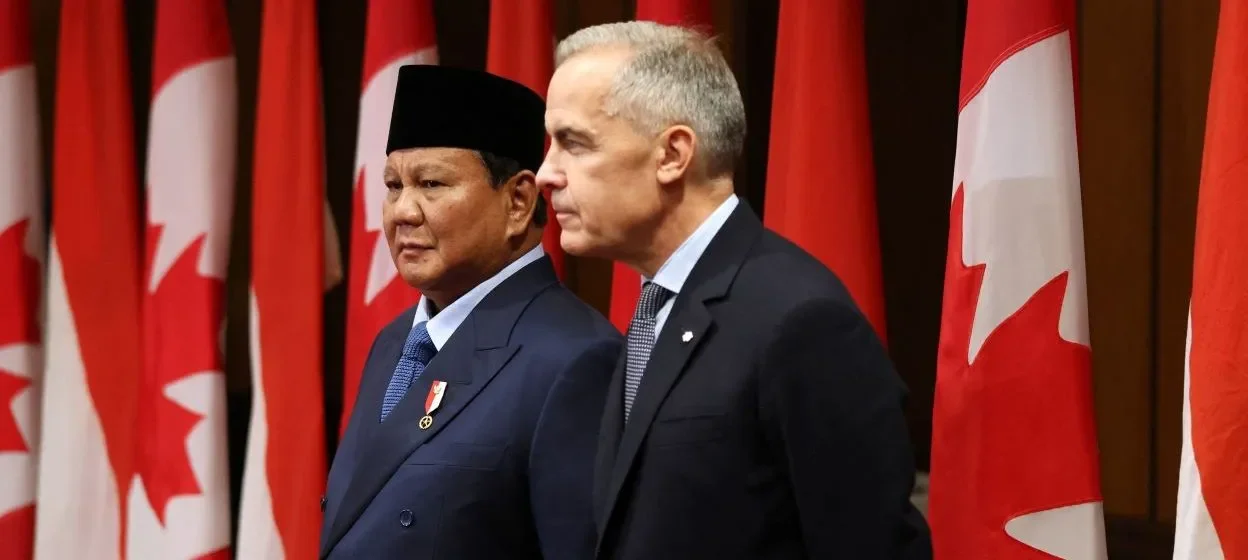
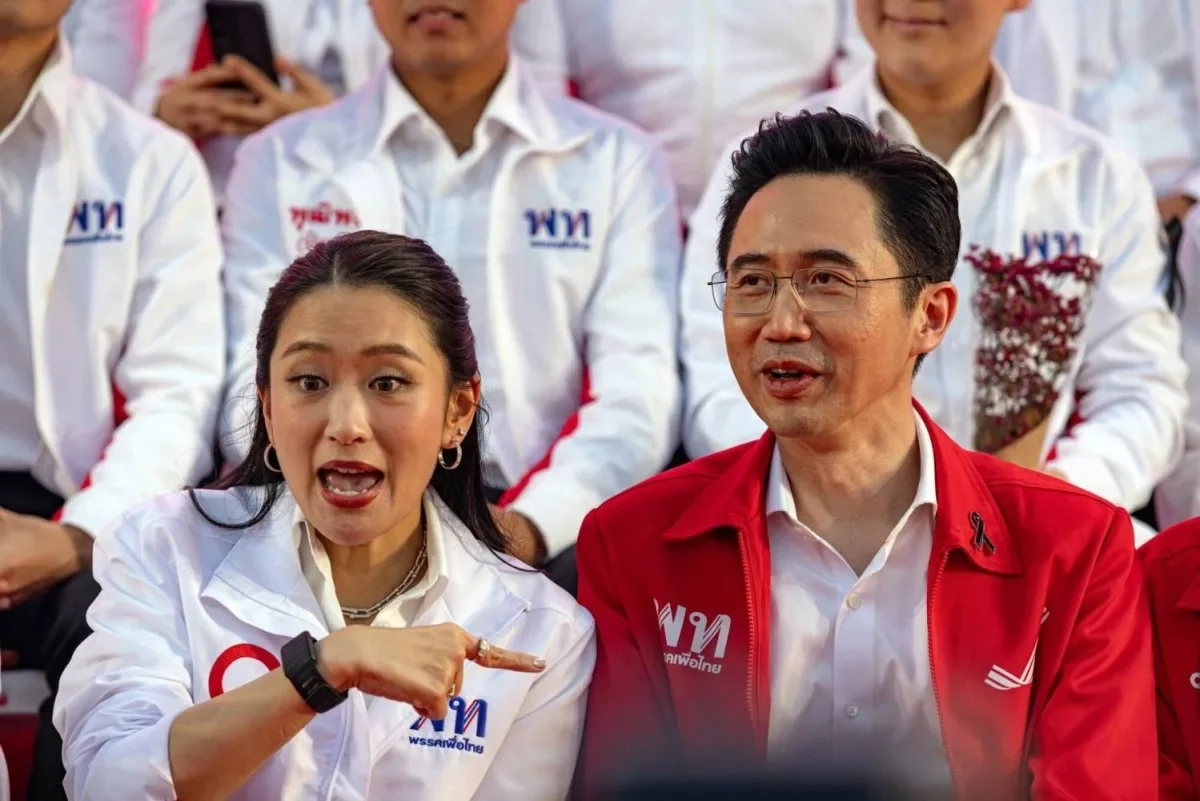



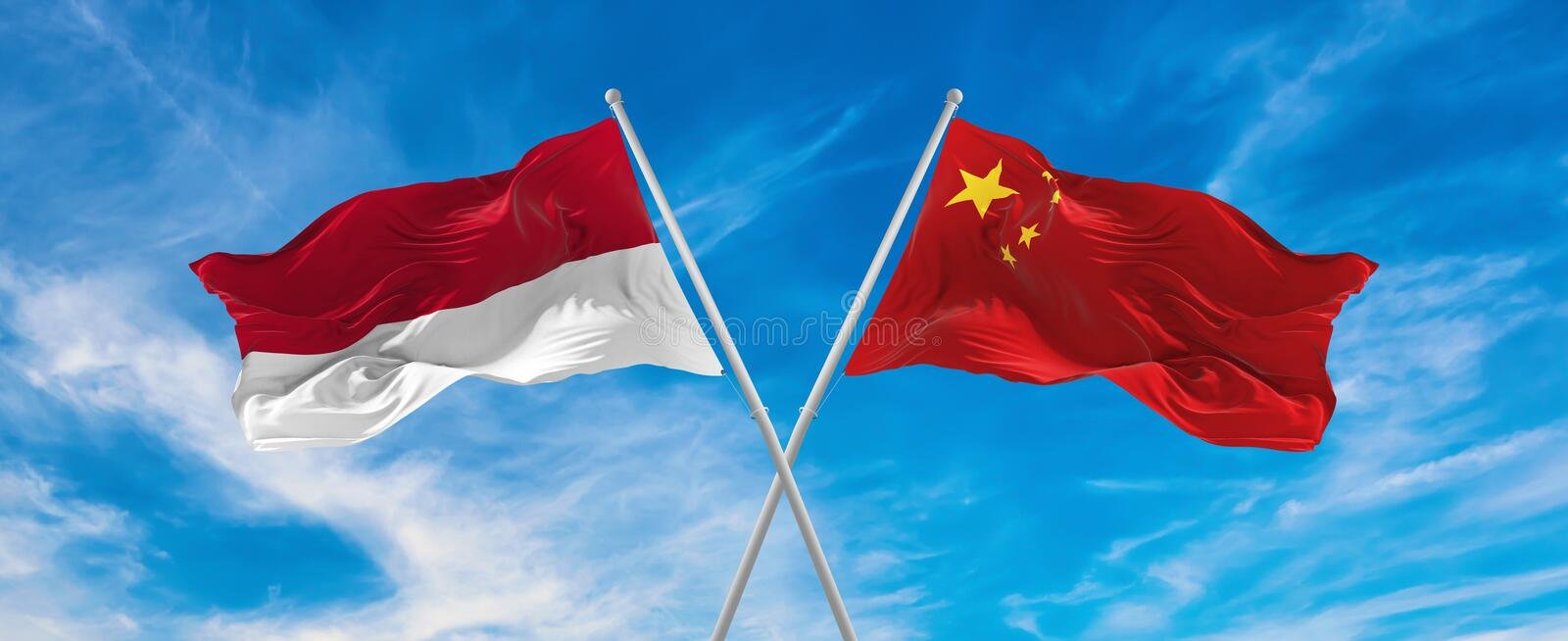
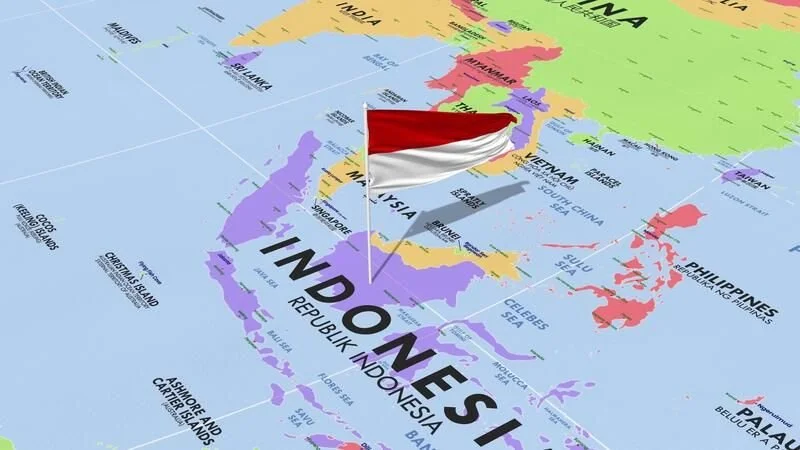
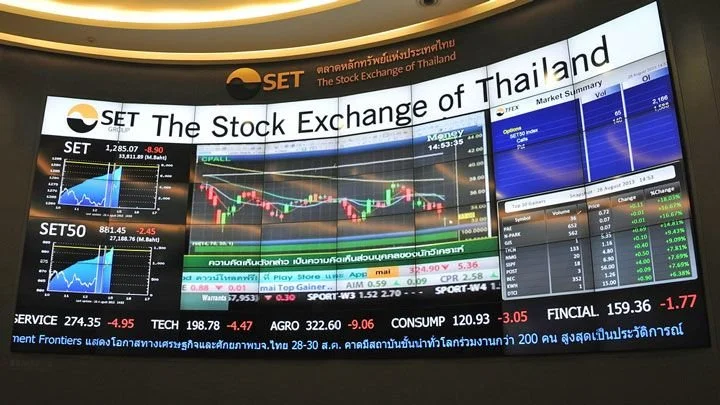


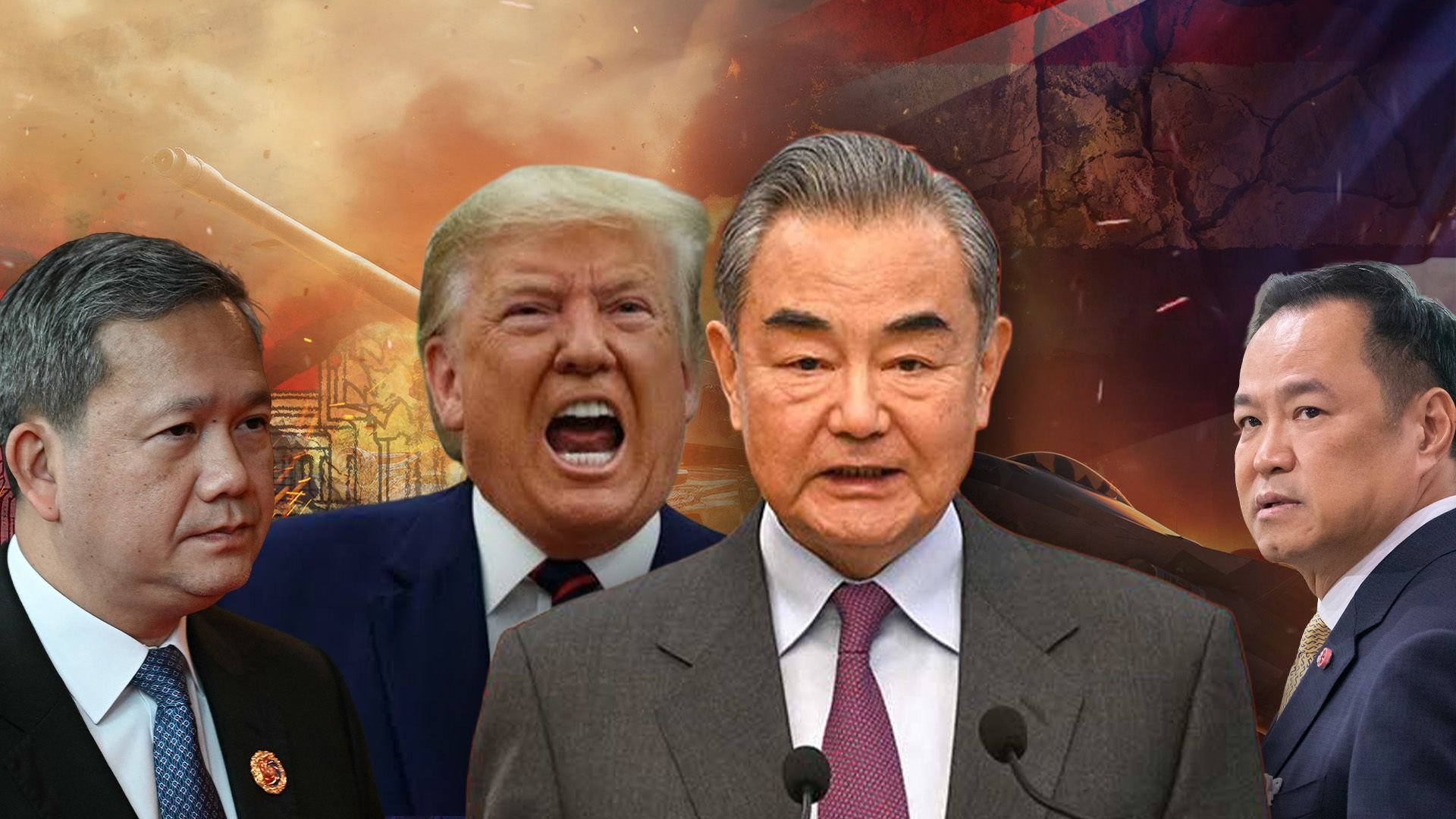
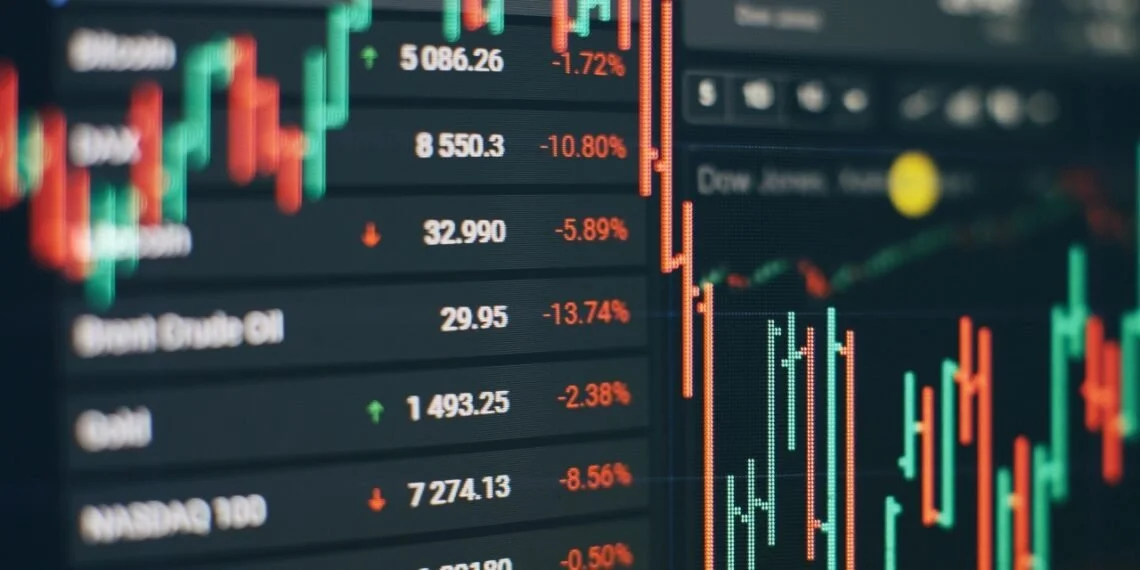

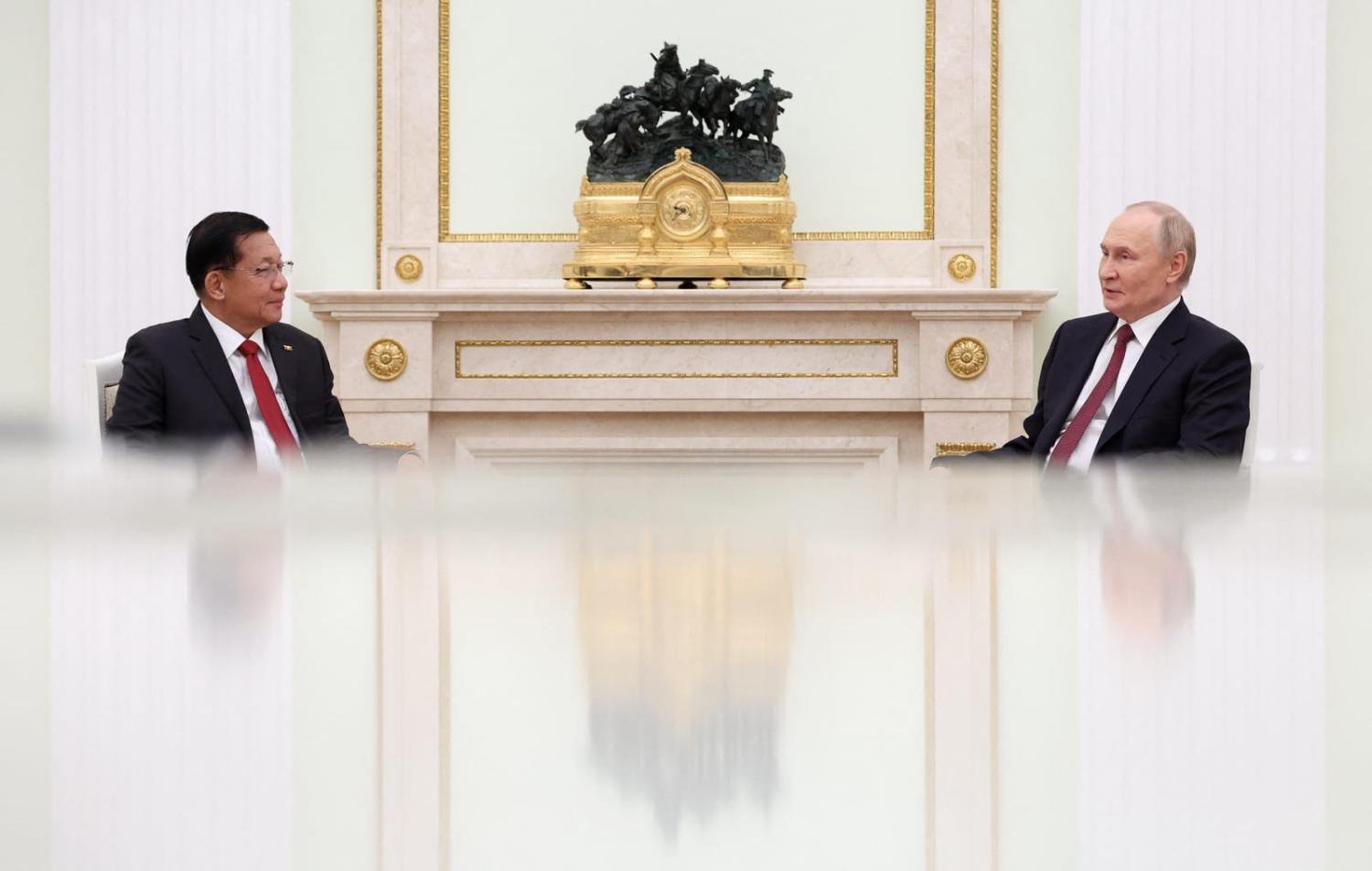
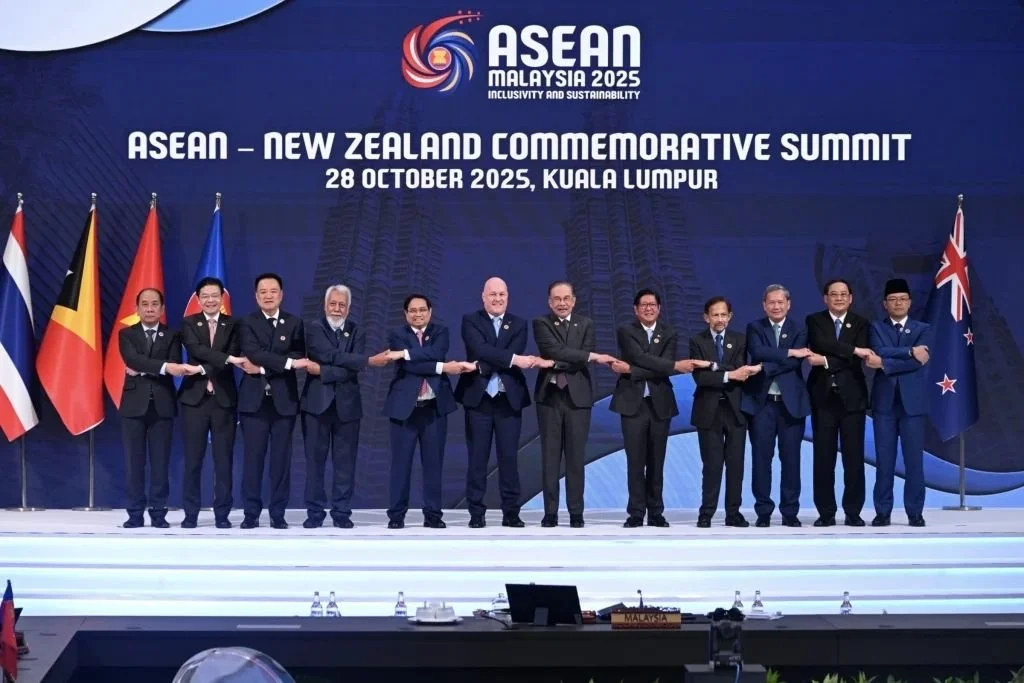

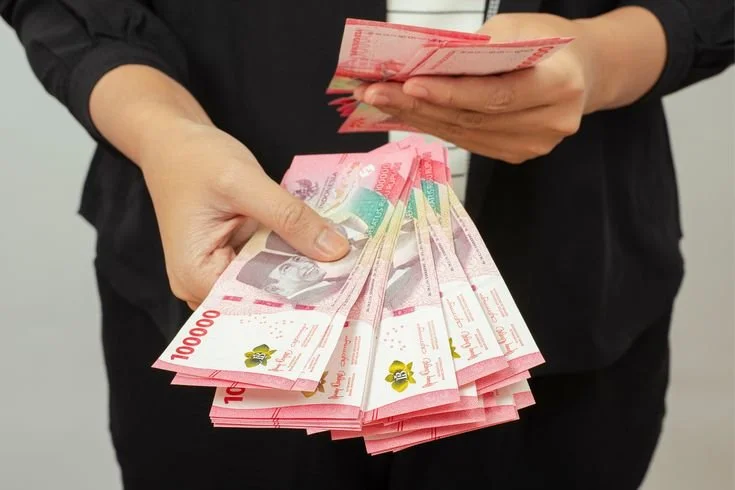

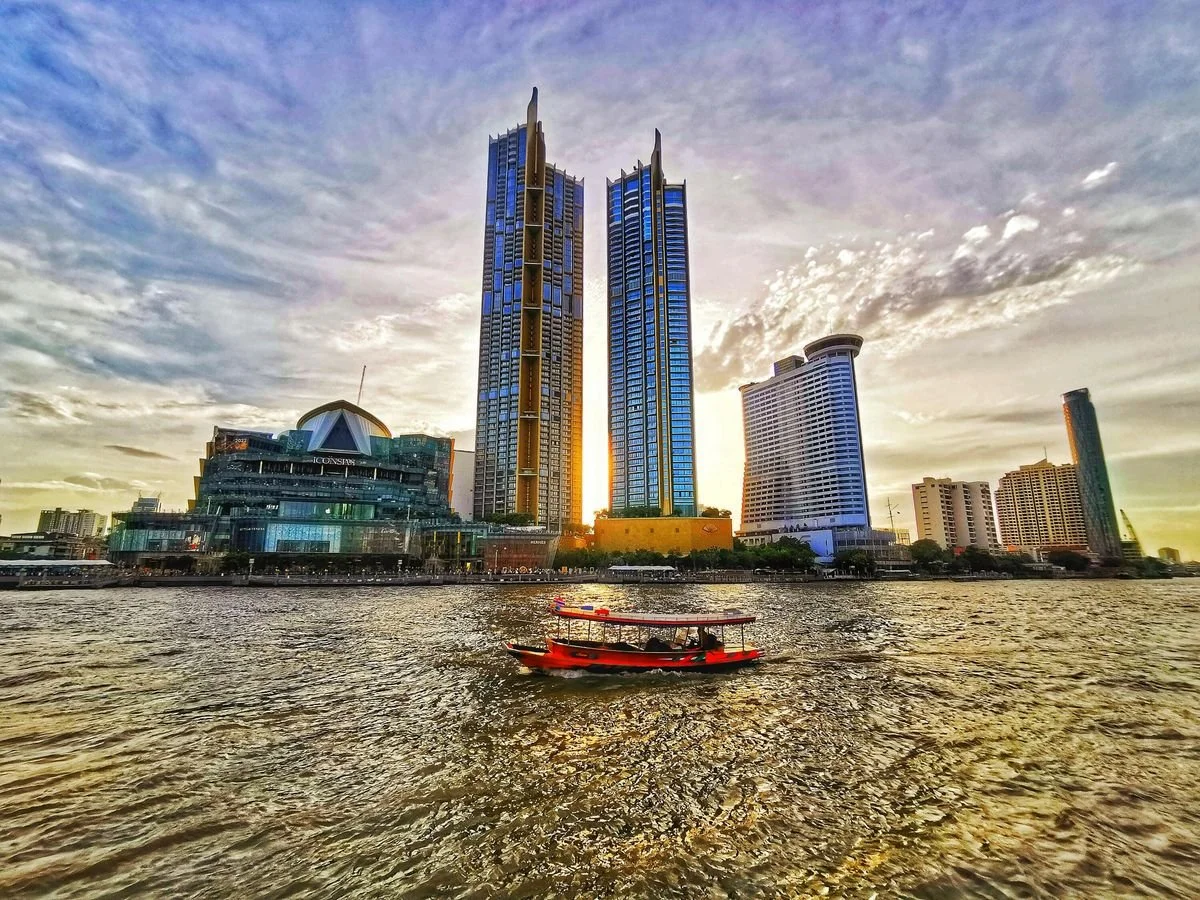




Growth accelerated to 6.9 per cent year on year in the fourth quarter of 2025, supported by strong performances in manufacturing, wholesale trade and finance & insurance.